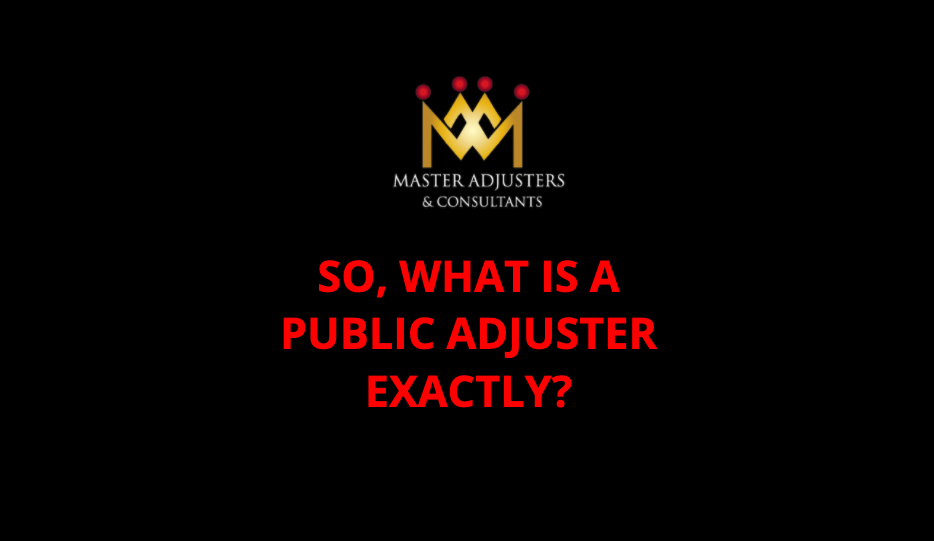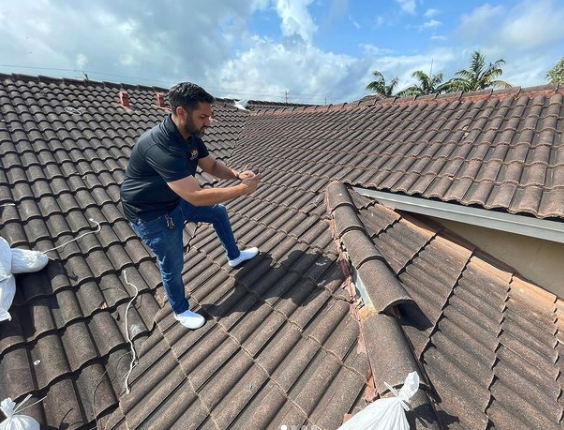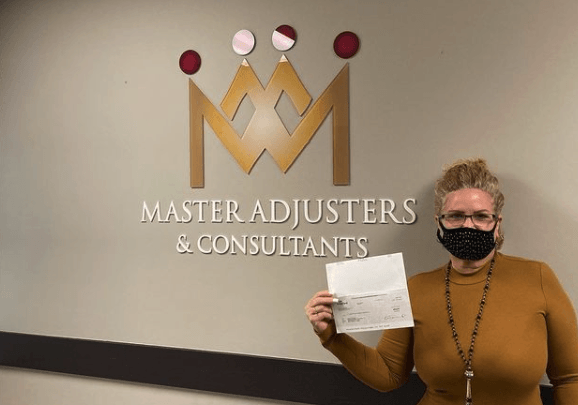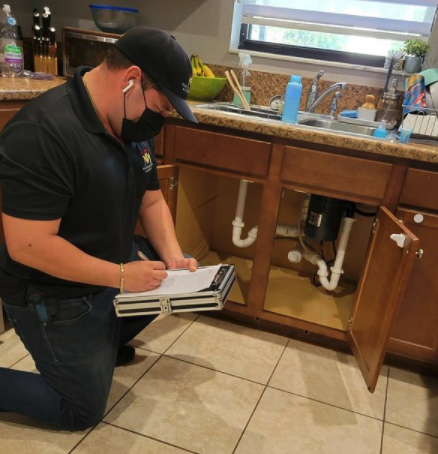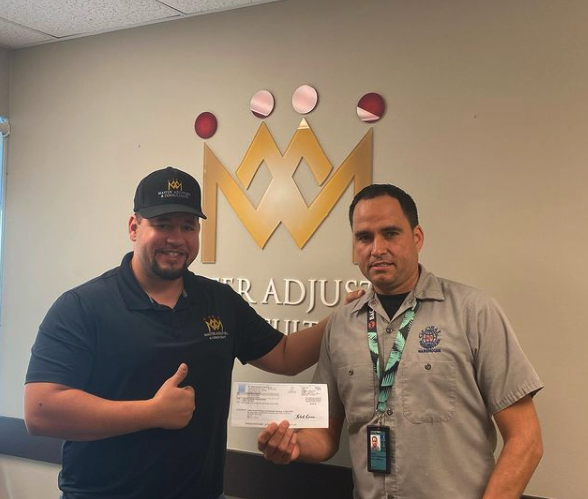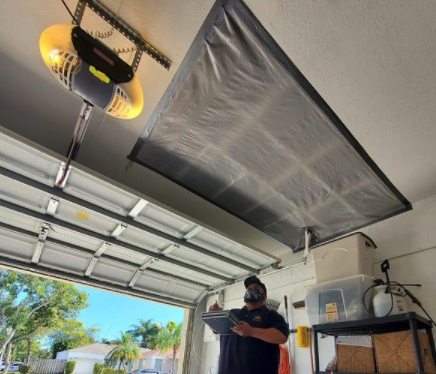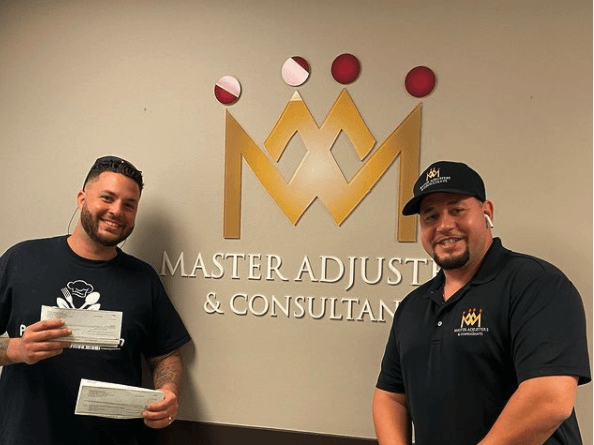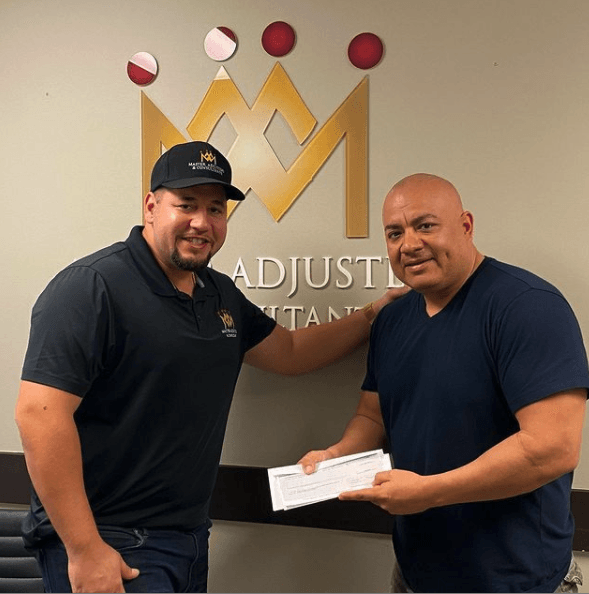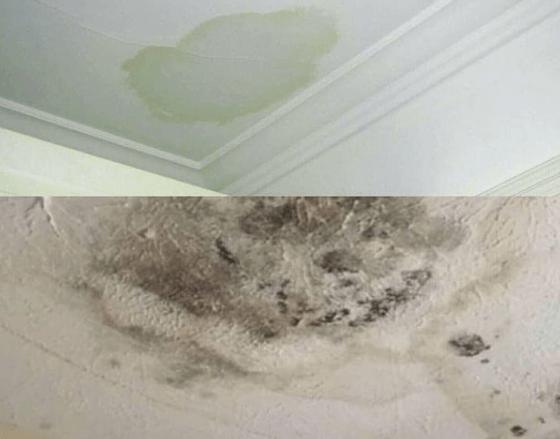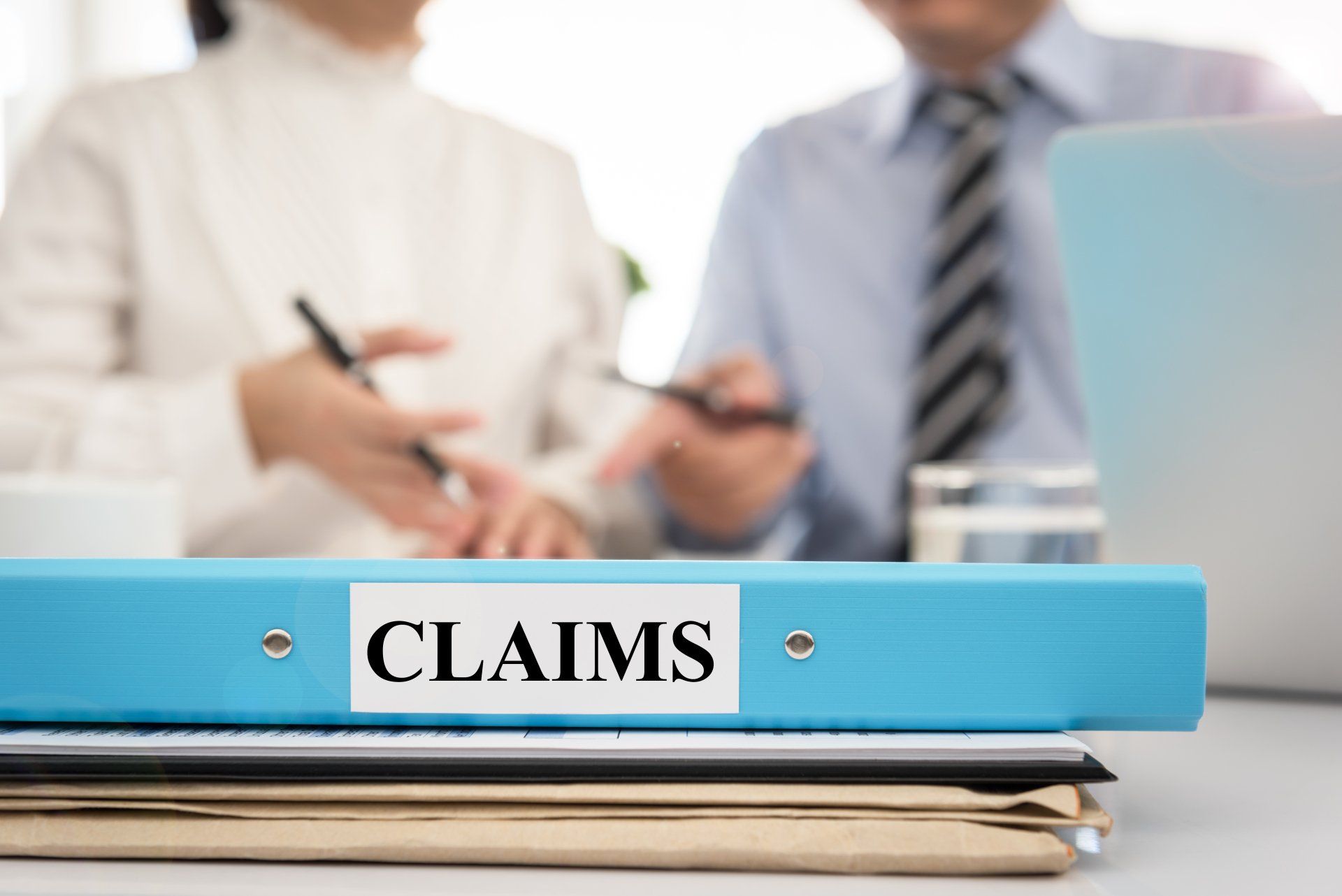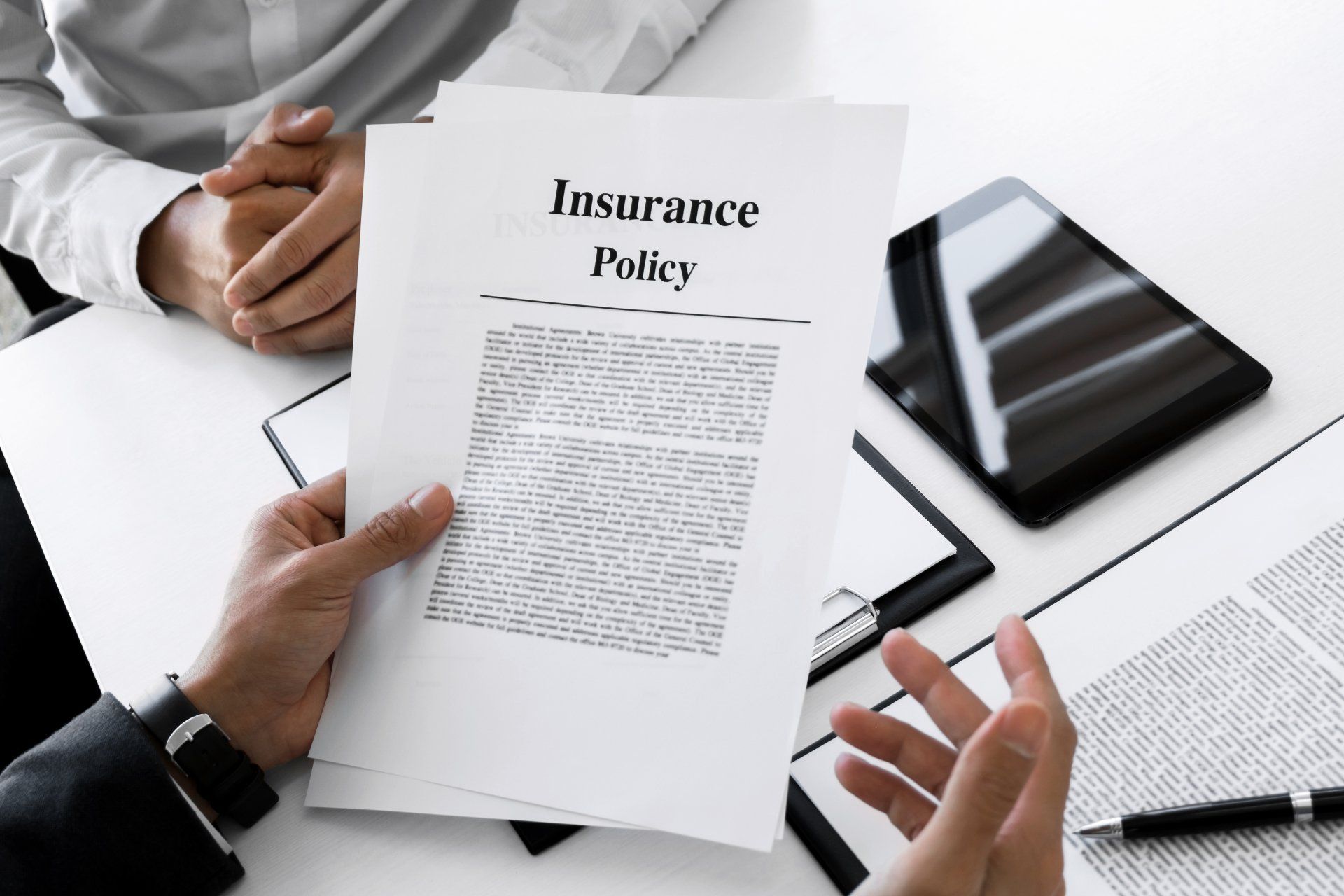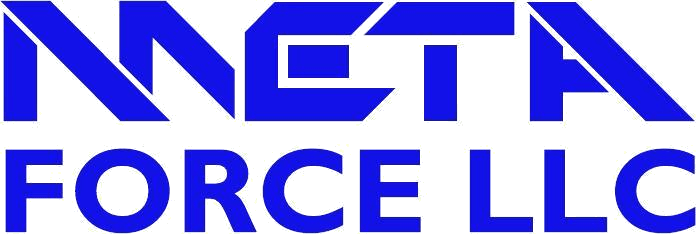What is the Difference Between
an Insurance Adjuster vs. Public Adjuster?
A public adjuster is a professional claims handler/ claims adjuster who advocates for the policyholder in appraising and negotiating a claimant's insurance claim.
Their technical expertise and ability to interpret sometimes ambiguous insurance policies allow property owners to receive the maximum amount of indemnification for their claims.
Although seen many times as adversarial by the Carriers, public adjusters do substantially increase the settlement value of the loss.
Many professionals, and persons who are either incapable due to education, age, or physical impairment, choose public adjuster representation to guide them through the process and minimize the time which must be spent to perfect their claim. Public adjusters charge a percentage of the settlement of your claim. Primarily public adjusters prepare a detailed scope and cost estimates many times using experts in the fields of remediation, toxicology, and construction engineers to prove their loss. Public adjusters also provide insurance policy interpretation to determine covered and uncovered items and to negotiate with the insurance Carrier to a final and fair settlement.
Insurance Adjuster or Claims Adjuster: In the United States, a claims adjuster's duties typically extend to include the following elements:
- Verify an insurance policy exists for the insured person and/or property. In general, these are written by the policy-holding insurance company.
- Risk(s) of loss(es), or damages to property, culminating in the loss of property.
- After completing the above investigations, evaluate the covered damages that have been determined according to the coverage grants.
- Negotiate a settlement according to the applicable law(s), and identify coverage's for which the insured is covered, following best insurance practices.
The insurance companies have adjusters working on their side for the best interest of the insurance company. Public adjuster works for the insured (you) and with your best interest in mind.
Our firm works with lawyers and damage assessment estimators to ensure your insurance carrier pays you the amount you are entitled to on your claim.
What are the Public Adjusters main Duties?
Why Hire an Insurance Public Adjuster?
The public adjuster's main responsibilities are to:
- Evaluate existing insurance policies in order to determine what coverage may be applicable to a claim
- Research, detail, and substantiate damage to buildings and contents and any additional expenses
- Evaluate business interruption losses and extra expense claims for businesses
- Determine values for settling covered damages
- Prepare, document and support the claim on behalf of the insured
- Negotiate a settlement with the insurance company on behalf of an insured
- Re-open a claim and negotiate for more money if a discrepancy is found after the claim has been settled
Typically a policyholder hires a public adjuster to document and expedite their claims, obtain a more satisfactory claim recovery, more quickly, and completely restore their residence or business operations, and insulate themselves from the stress of engaging in an adversarial role with a large corporation. However, the cost of hiring outside experts, no matter how well-earned, can be an added burden when they are borne entirely by the policyholder. The added burden can be alleviated by the work of a public adjuster. However, policy holders who are not properly indemnified by their insurance carriers may be left with little choice but to hire professional assistance to recover the claim payment to which they are entitled. Public adjusters must be able to recognize claims that may be insubstantial and disputable and explain such problems to the client. The everyday meanings of terms like "collapse", "partial collapse" and "extent of physical damage" might be entirely different from their legal interpretations, requiring the adjuster to clarify such terms for the client.[10] Regulations regarding the uses of these terms are constantly in a state of flux[11] so it is important for public adjusters to have a firm grasp of the law including the division of legal responsibilities between insurance companies and policyholders.
Types of Claims &
When to Contact an Insurance Public Adjuster?
Some of the most common types of claims we handle:
- Fire
- Mold
- Theft
- Water Damage
- Hurricane
- Sink Hole
- Vandalism
- Claim Denials
- Supplemental Claims
- Underpaid Claims
- Plumbing Leaks & Bursts
- Kitchen Damage
- A/C Leaks
- Flooding
- Roof Damage
- Flooring Damage
- Others, just ask!
While it is not always clear when a policyholder may benefit from hiring a public adjuster, the most benefit is likely to be realized if they are engaged immediately in case of a loss. Shortly after the insurance company receives notice of a loss, an adjuster representing the insurance company will visit the policyholder to gather facts about how the loss occurred, the magnitude of the loss, and the possibility of subrogation.
Incorrect, incomplete or inadequately expressed answers to the adjuster's questions may reduce the amount that can be claimed. A public adjuster engaged early in the process, before the fact-finding stage, will have more opportunity to help the policyholder receive a fair settlement for all losses legitimately covered under the insurance policy.
However, any time during negotiations with the insurance company and even after a settlement has been received by an insured, a public adjuster may be able to negotiate for a higher amount.



